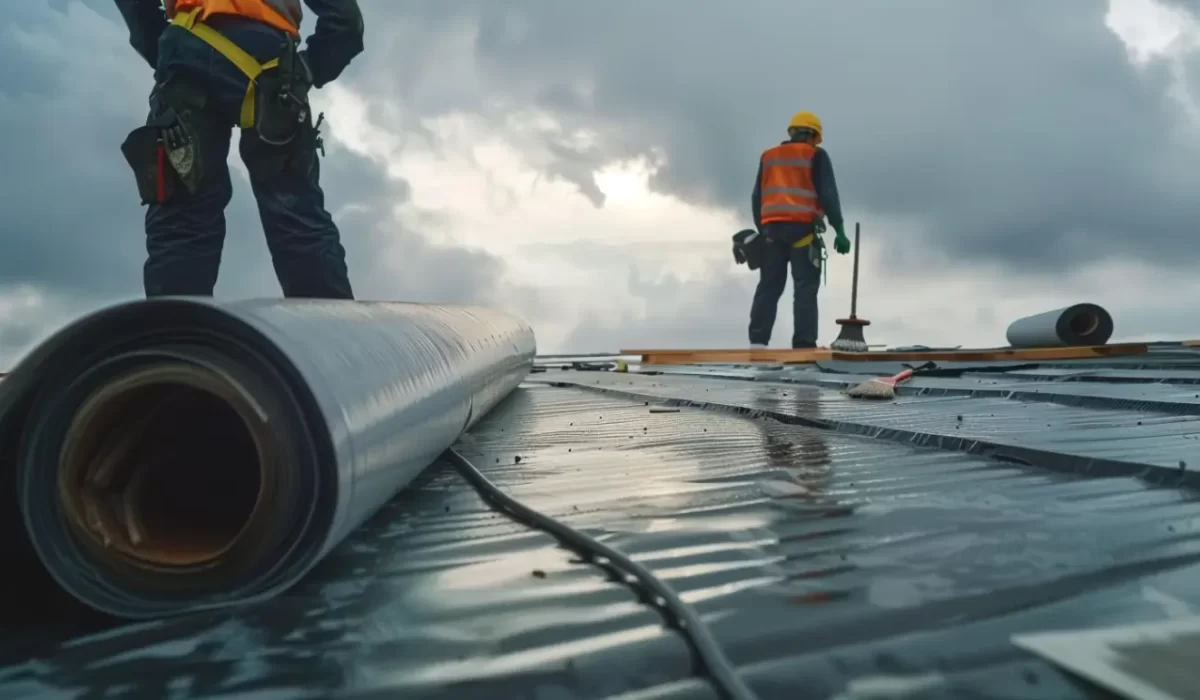Navigating a commercial roof replacement demands careful attention to detail to ensure business operations remain uninterrupted. Prioritizing proactive planning can significantly minimize disruptions and safeguard employee productivity. Essential steps include selecting the right roofing contractor, such as Fontaine Roofing in Orange County, CA, and establishing a robust communication plan that addresses potential issues before they arise. By adopting a structured approach, business owners can maintain smooth operations while enhancing the integrity of their buildings through a successful roof replacement. With this mindset, achieving peace of mind during the project becomes attainable.
Assessing the Need for Roof Replacement
Recognizing signs of a deteriorating roof is vital for business continuity. A thorough inspection can reveal leaks, sagging, or missing shingles that disrupt operations. Proactive assessments help determine when full replacement is necessary, preserving the building’s integrity. Consider your roof’s lifespan and recent weather impacts in your decisions. Prompt action prevents minor repairs from becoming costly problems.
If roofing work becomes disruptive—due to noise, blocked access, downtime, or safety concerns—communicate with your contractor. Clearly explain the operational impact and collaborate on schedule adjustments, site management improvements, or enhanced safety measures to minimize disruption.
Contact Us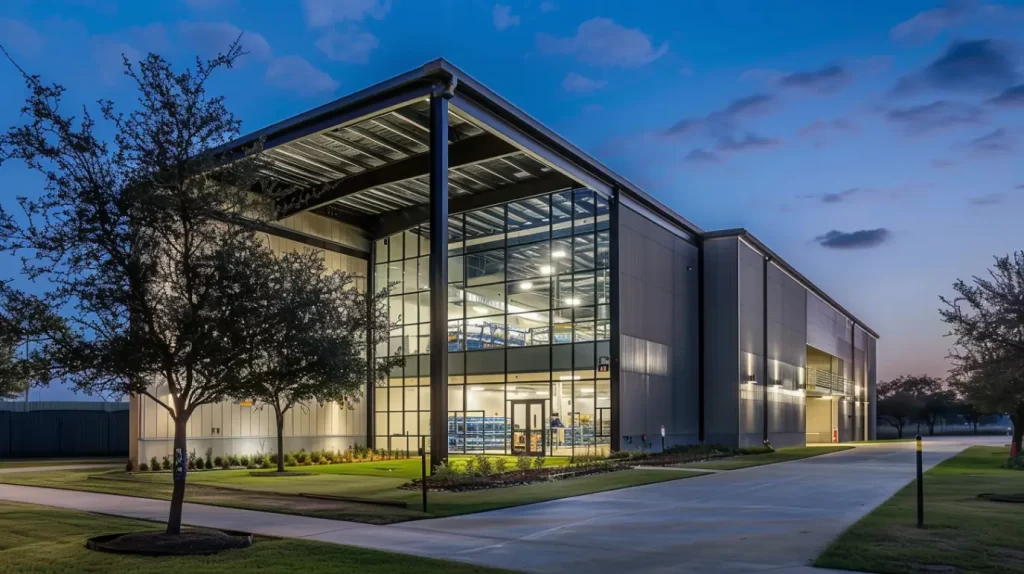
Identifying Signs That Impact Business Operations
Exhibiting visible signs of roof damage can significantly affect business operations. Look for leaks, water stains, or mold growth, as these may disrupt daily activities and reduce employee productivity. Visible wear-and-tear, such as missing shingles or sagging areas, not only compromise the integrity of the building but can also lead to further complications like safety hazards or increased energy costs. Addressing these issues promptly ensures operational continuity and preserves the property value, maintaining a safe environment for both employees and customers.
Timing Your Project for Least Disruption
Selecting the optimal time for a roofing project is crucial for maintaining business operations. Scheduling during off-peak hours or seasonal downtimes minimizes foot traffic and enhances employee productivity. Consider the weather as well; milder conditions promote efficiency and reduce safety risks. Clear communication with the roofing contractor allows for proactive planning, ensuring that all parties remain informed throughout the project timeline. By strategically timing your roof replacement, you safeguard the integrity of the building and prioritize business continuity with minimal impact.
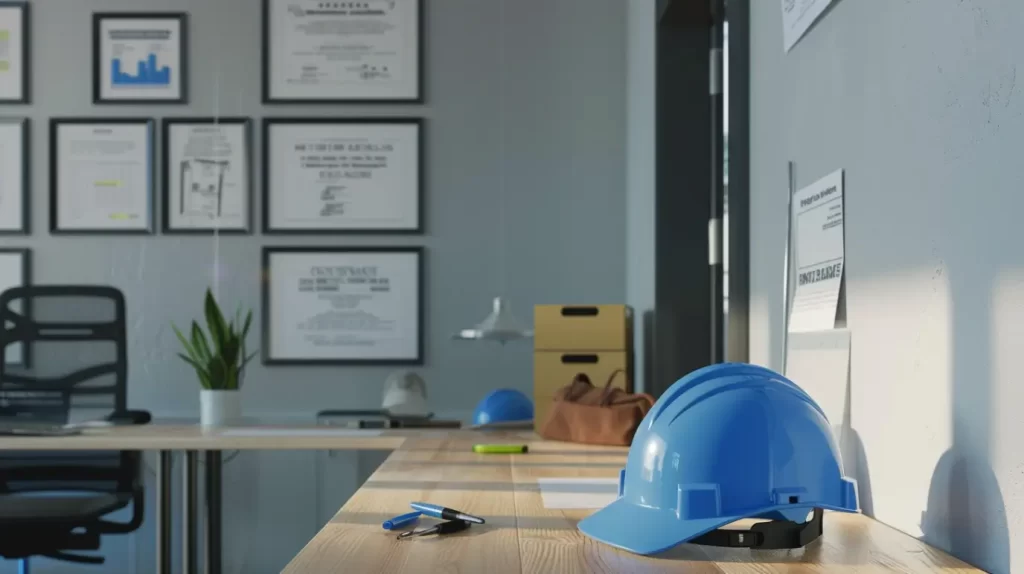
Choosing a Specialized Commercial Roofing Contractor
Selecting the right contractor for a commercial roofing project, such as Fontaine Roofing in Orange County, CA, is paramount for ensuring quality workmanship and business continuity. Look for firms with proven track records and the necessary certifications, as these indicators reflect adherence to industry standards and local building codes. Effective communication during the selection process can aid in identifying a contractor who understands the unique needs of your business and minimizes potential disruptions. Prioritize contractors like Fontaine Roofing who offer a clear plan for project management, keeping the integrity of your building intact while maintaining smooth operations.
Importance of Certifications and Local Experience
Choosing a roofing contractor for commercial projects requires certifications and local expertise. As a GAF Master Elite Contractor and CertainTeed Shingle Master, we meet high industry standards for quality and safety. Our status as a Polyglass Preferred Contractor and FiberTite approved applicator underscores our commitment to excellence. Additionally, as an IB Roofing Systems Authorized Applicator and TRI certified contractor, Fontaine Roofing effectively tackles unique roof replacement challenges. Our memberships in CACM, CAI, and NRCA enhance our knowledge of local building codes, minimizing disruptions. With a proven track record, we ensure a seamless roof replacement process focused on customer satisfaction.
Questions to Ask During Contractor Selection
Prioritizing the right contractor begins with asking essential questions. Inquire about their experience with commercial roof replacement specifically. Understanding their familiarity with local building codes and industry standards ensures compliance and safety. Assess their project management strategies to guarantee minimal disruption to your business operations. Clarify their communication plan for keeping you updated throughout the roofing project. Lastly, request references or examples of past projects to evaluate their integrity, quality workmanship, and customer satisfaction.
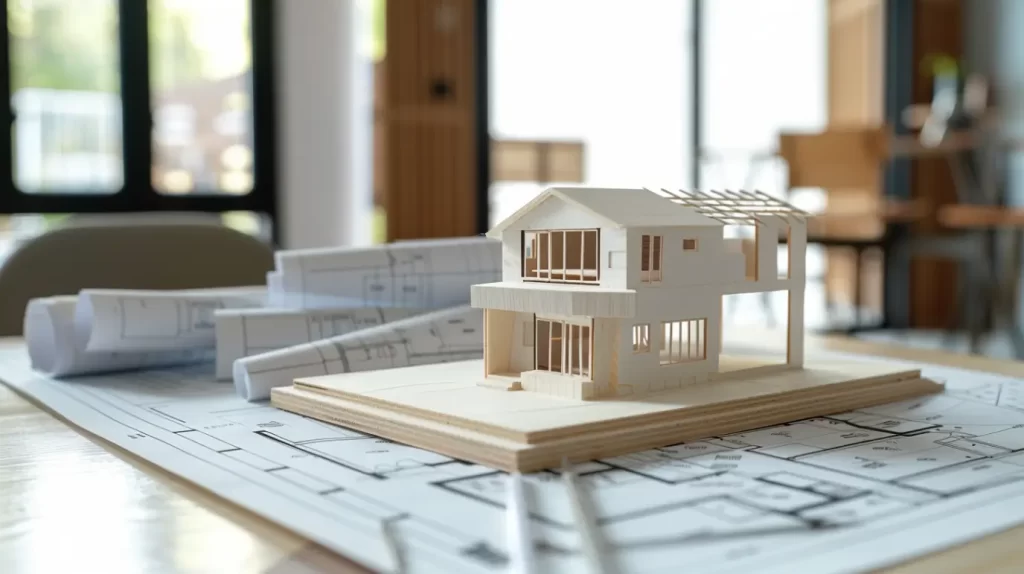
Planning Ahead for Minimal Business Disruption
Effective planning serves as the backbone of successful commercial roof replacement. Establishing a detailed communication plan ensures clear expectations and understanding among all stakeholders, minimizing confusion during the roofing project. Consider scheduling roof work during off-peak hours to avoid interference with foot traffic and daily operations. Moreover, integrating a customized project timeline helps orchestrate various elements, from material delivery to contractor availability, ensuring efficiency. Prioritizing these essential steps not only preserves employee productivity but also adds to the peace of mind for business owners.
Coordinating Schedules and Operations
Strategic coordination of schedules and operations is vital for a seamless roof replacement process. Engaging with your commercial roofing contractor to establish a well-defined project timeline will ensure that both roofing activities and daily operations align effectively. Clear communication channels should be established to keep staff informed about ongoing work, potential access point changes, and any necessary alterations to foot traffic patterns. This proactive approach minimizes disruptions, maintaining employee productivity and safeguarding the integrity of the building throughout the roofing project.
Creating a Customized Project Timeline
A well-structured project timeline is crucial for ensuring seamless operations during a roof replacement. By mapping out each phase, from preliminary inspections to the final installation, business owners can minimize potential disruptions. Frequent evaluations along the way can help adapt the schedule to real-time circumstances. Establishing clear communication channels with the roofing contractor ensures that all parties are aligned on expectations. This proactive approach not only safeguards employee productivity but also reinforces the integrity of the building throughout the roof replacement process.
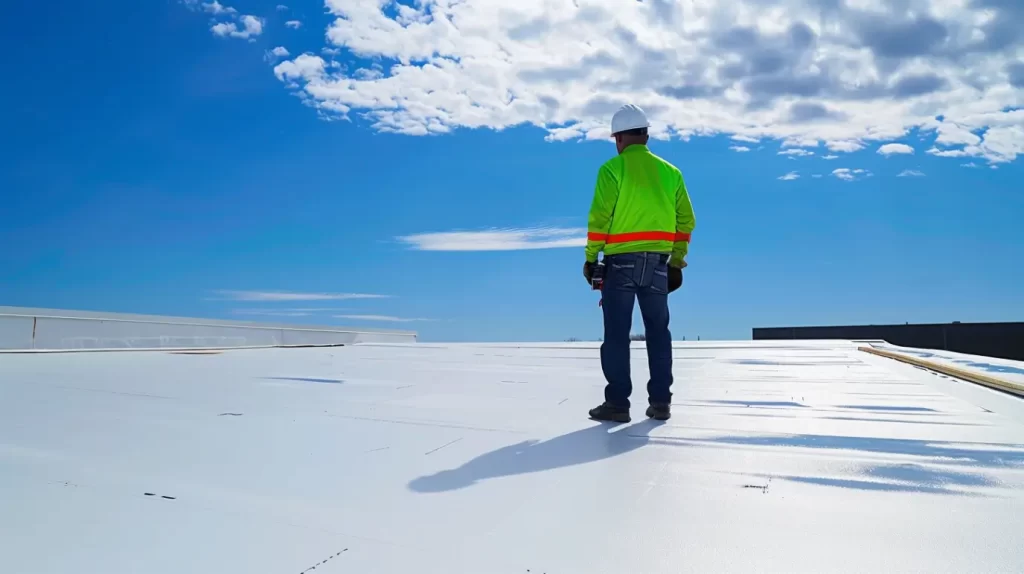
Reducing Noise, Mess, and Operational Interference
Attention to detail is crucial when implementing roof replacement strategies that prioritize minimal disruption. Selecting low-disruption roofing materials and techniques can significantly reduce noise levels associated with heavy machinery and ongoing construction activities. Additionally, establishing debris management and daily clean-up processes ensures that mess is kept to a minimum, allowing for smoother operations. Proactive planning and clear communication with the roofing contractor will facilitate a successful roofing project while safeguarding employee productivity and enhancing overall business continuity during this necessary undertaking.
Selecting Low-Disruption Roofing Materials and Techniques
Choosing low-disruption roofing materials can greatly improve the efficiency of a commercial roof replacement. Brands like GAF and CertainTeed offer lightweight tiles and modular systems for quick installation with minimal noise and interference. Advanced techniques, such as Polyglass overlay systems, reduce the need for extensive demolition, preserving the building’s integrity. Working closely with your contractor ensures that selected materials align with your business goals and timeline.
Debris Management and Daily Clean-Up Processes
Implementing efficient debris management and daily clean-up processes is crucial during a roof replacement project. Establishing a structured approach helps maintain workflow and employee productivity, ensuring minimal impact on business operations. Engaging a reputable roofing contractor with a proven track record in managing debris will facilitate a seamless clean-up regimen. Utilize clear communication protocols to keep staff informed about potential disruptions. Consistent monitoring of clean-up activities coupled with adherence to safety measures will safeguard the integrity of the building and surrounding areas.

Legal, Insurance, and Compliance Considerations
Navigating the landscape of legal, insurance, and compliance considerations is essential during a roof replacement project. Secure the necessary permits in alignment with local building codes to ensure adherence to regulations, minimizing potential disruptions. Additionally, a review of insurance coverage protects against liabilities and unforeseen incidents. Engaging with a reputable contractor who understands these compliance requirements can further reinforce a proactive approach to risk management. Prioritizing these legalities not only safeguards your investment but also instills peace of mind throughout the replacement process.
Permits, Regulations, and Liability
Navigating the complexity of permits and regulations is crucial for a smooth roof replacement process. Compliance with local building codes ensures the integrity of your commercial building, mitigating potential legal liabilities. A good roofing contractor will be well-versed in necessary permits, helping to prevent costly disruptions. Additionally, understanding your insurance coverage protects against unexpected issues during the project. Prioritizing these elements fosters a proactive approach, safeguarding your investment and ensuring a successful roof replacement with minimized business impact.
Insurance Coverage and Documentation Needs
Securing the appropriate insurance coverage is essential for safeguarding your commercial property during the roofing project. Collaboration with your roofing contractor to confirm they have adequate liability insurance protects against potential accidents or damage. Moreover, maintaining comprehensive documentation, including contracts and proof of insurance, ensures clarity and accountability throughout the roof replacement process. This proactive approach not only reinforces compliance with local building codes but also provides peace of mind, allowing business owners to focus on maintaining smooth operations amidst the project.
In Summary
In summary, successful roof replacement requires careful planning to minimize business disruption. By choosing a reputable contractor like Fontaine Roofing in Orange County, CA, and following local building codes, business owners can ensure a smooth project timeline while maintaining employee productivity. Considering noise levels and access points further aids operations during roofing. Prioritizing business continuity and clear communication leads to success, enhancing property value and providing peace of mind. For more information or to discuss your roofing needs, contact Fontaine Roofing.
Frequently Asked Questions
How can I keep tenants or staff safe and informed during a roofing project?
To keep tenants or staff safe and informed during a roofing project, establish clear communication channels. Provide regular updates about the work schedule, safety protocols, and potential hazards. Consider holding informational meetings to address concerns and ensure everyone knows the procedures in place.
What mistakes should I avoid to prevent unnecessary business disruption?
To prevent unnecessary business disruption during roof replacement, avoid overlooking communication with your team, neglecting project timelines, and failing to assess the impact on operations. Additionally, ensure you choose a contractor experienced in minimizing disruptions to guarantee a smoother process.

